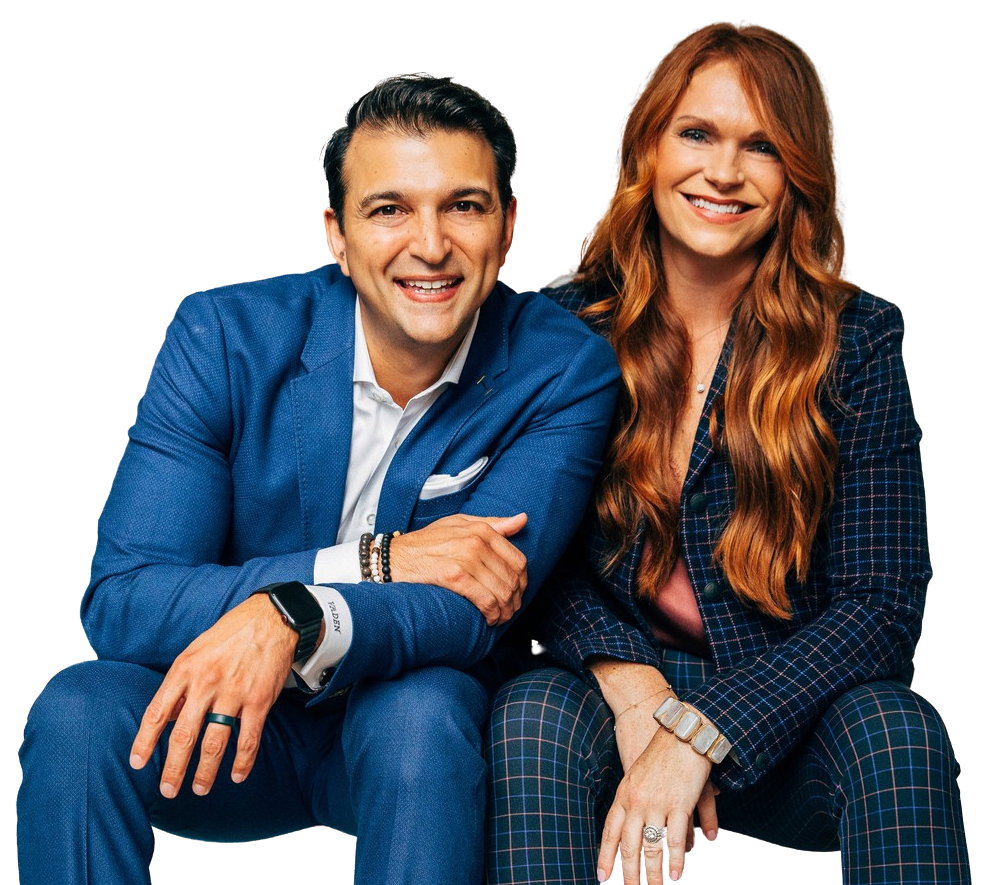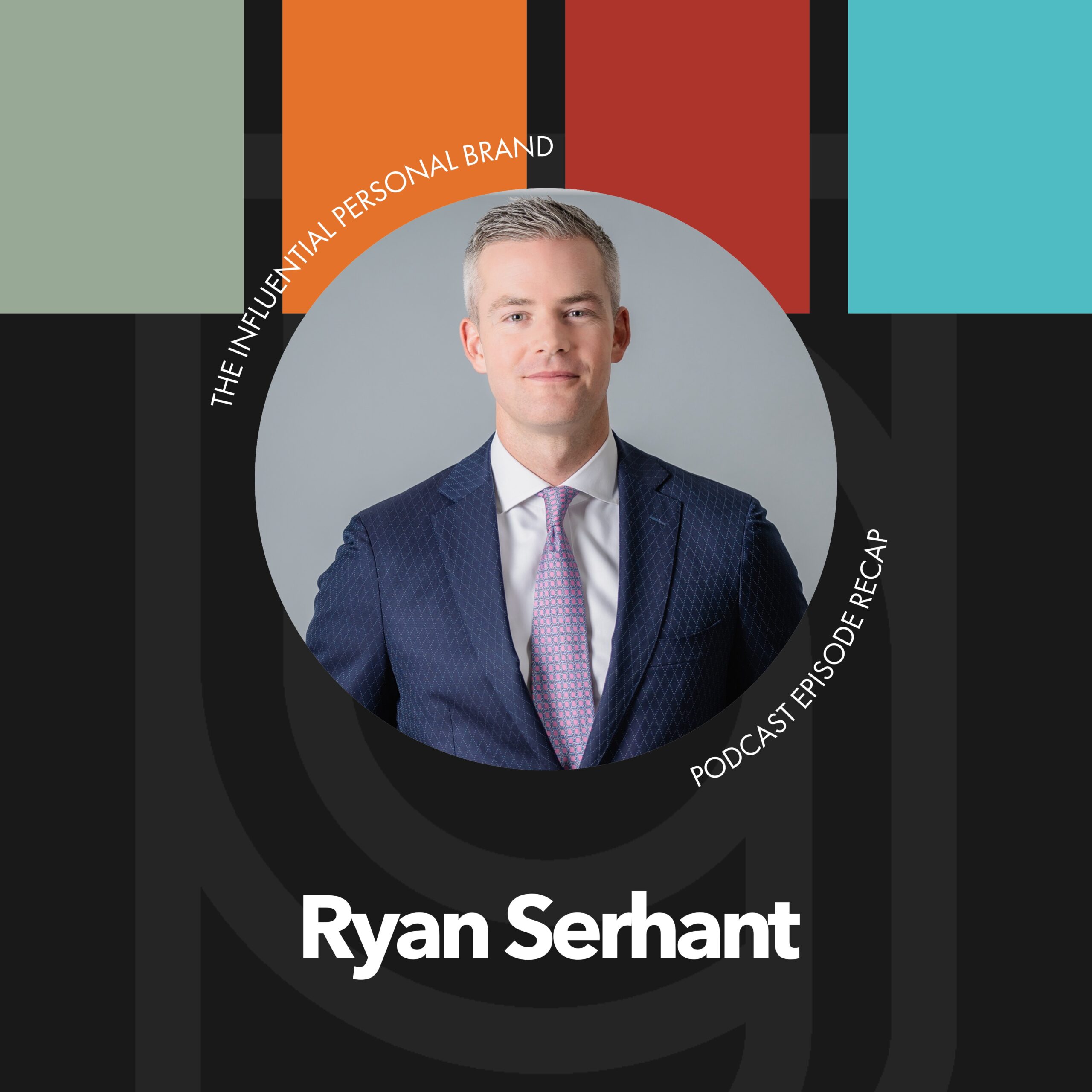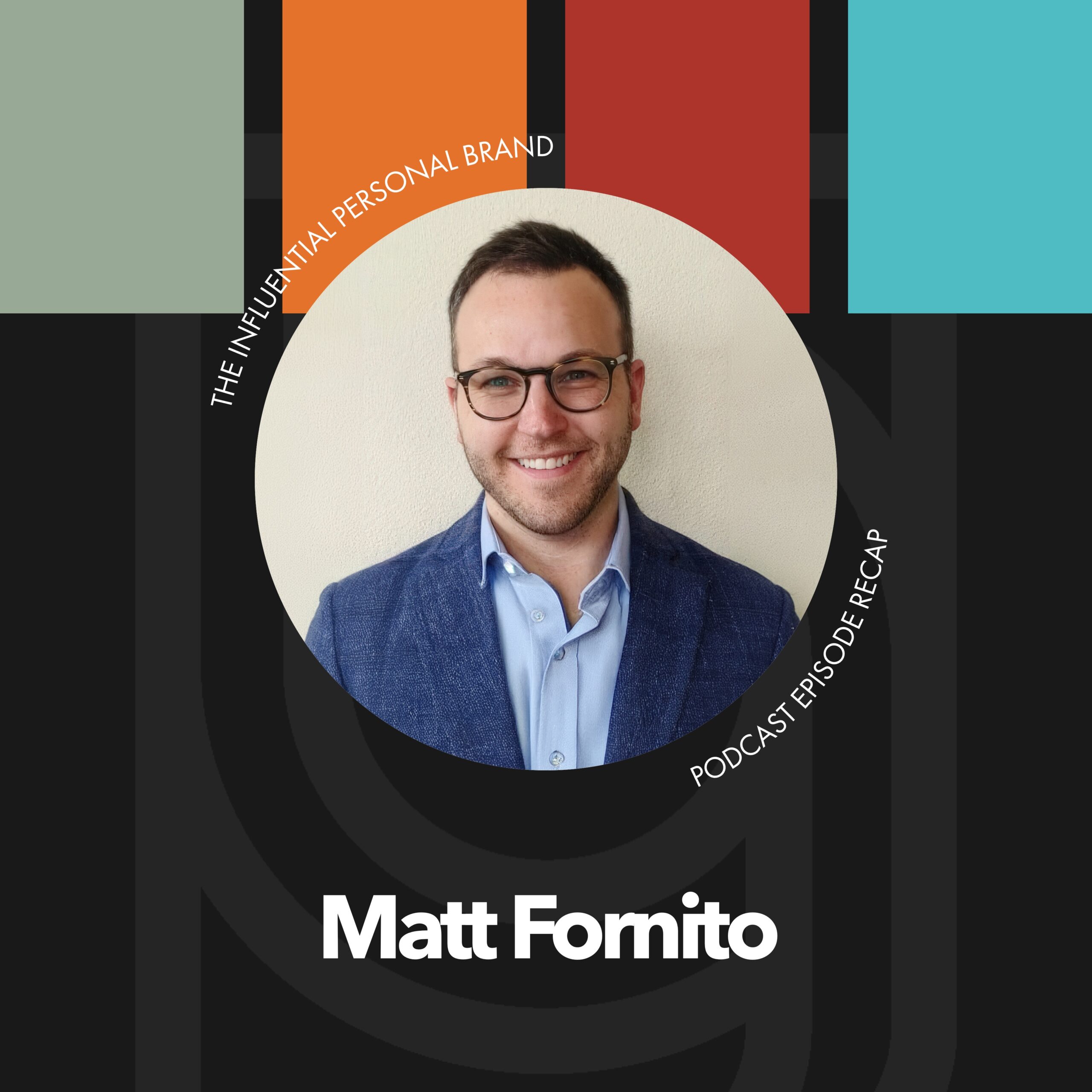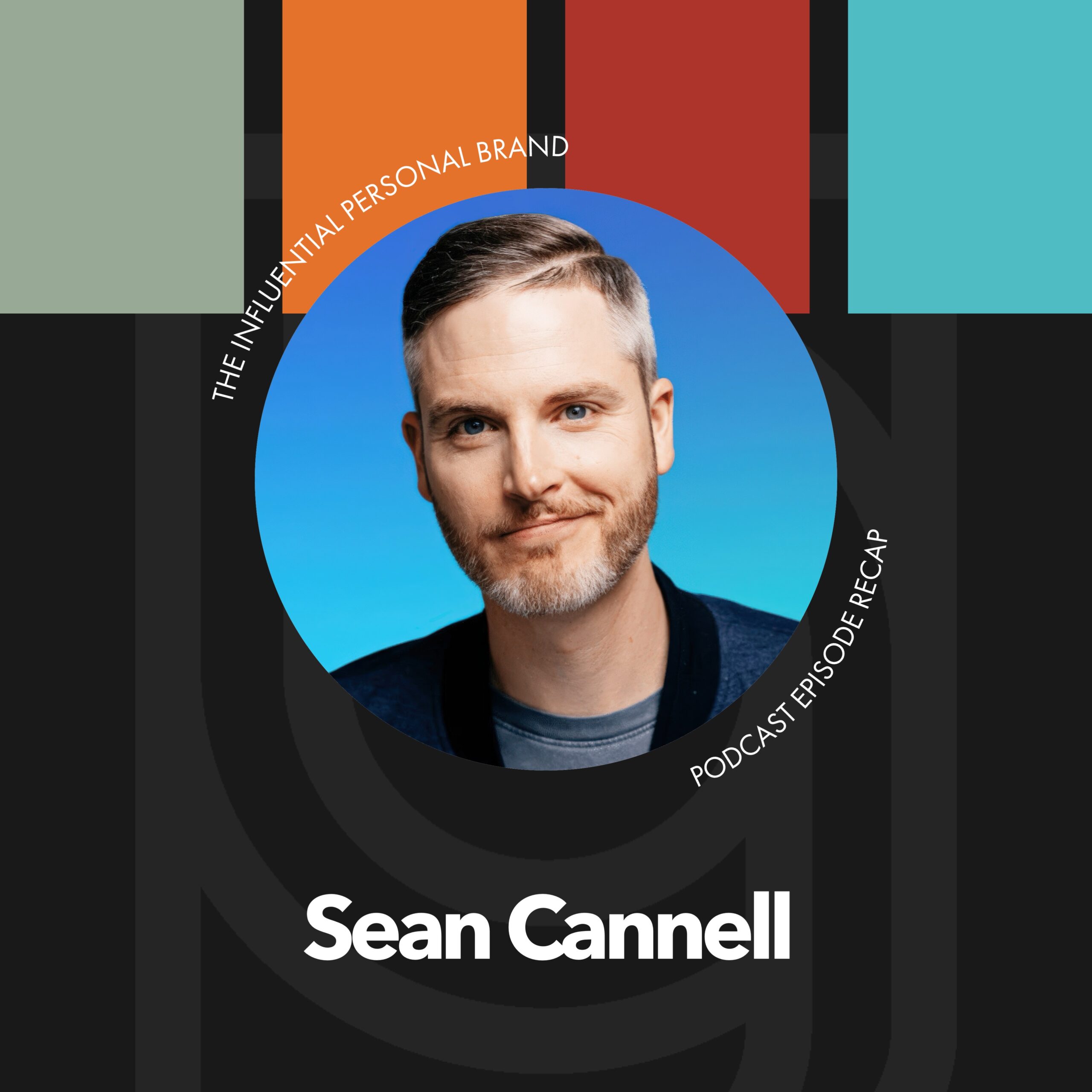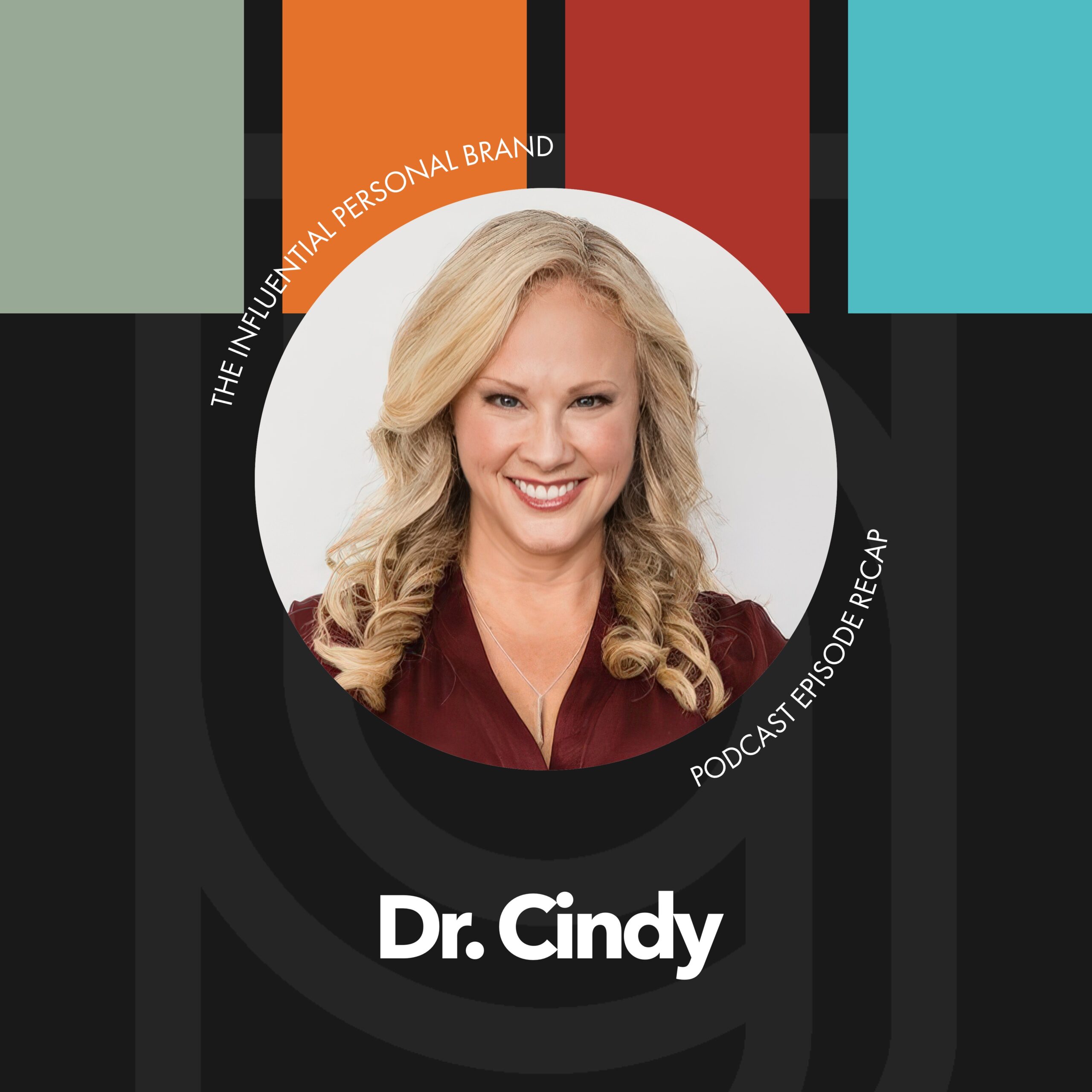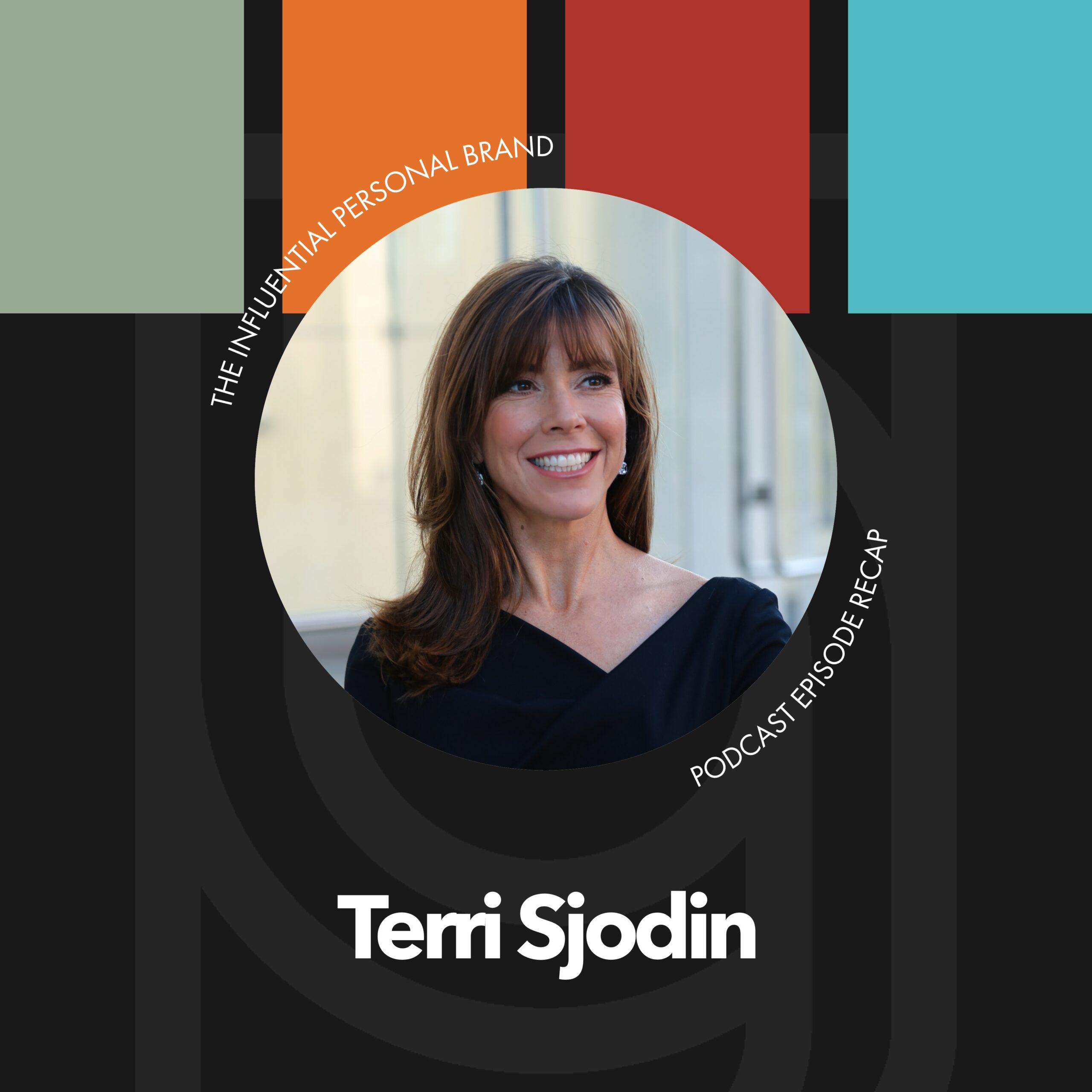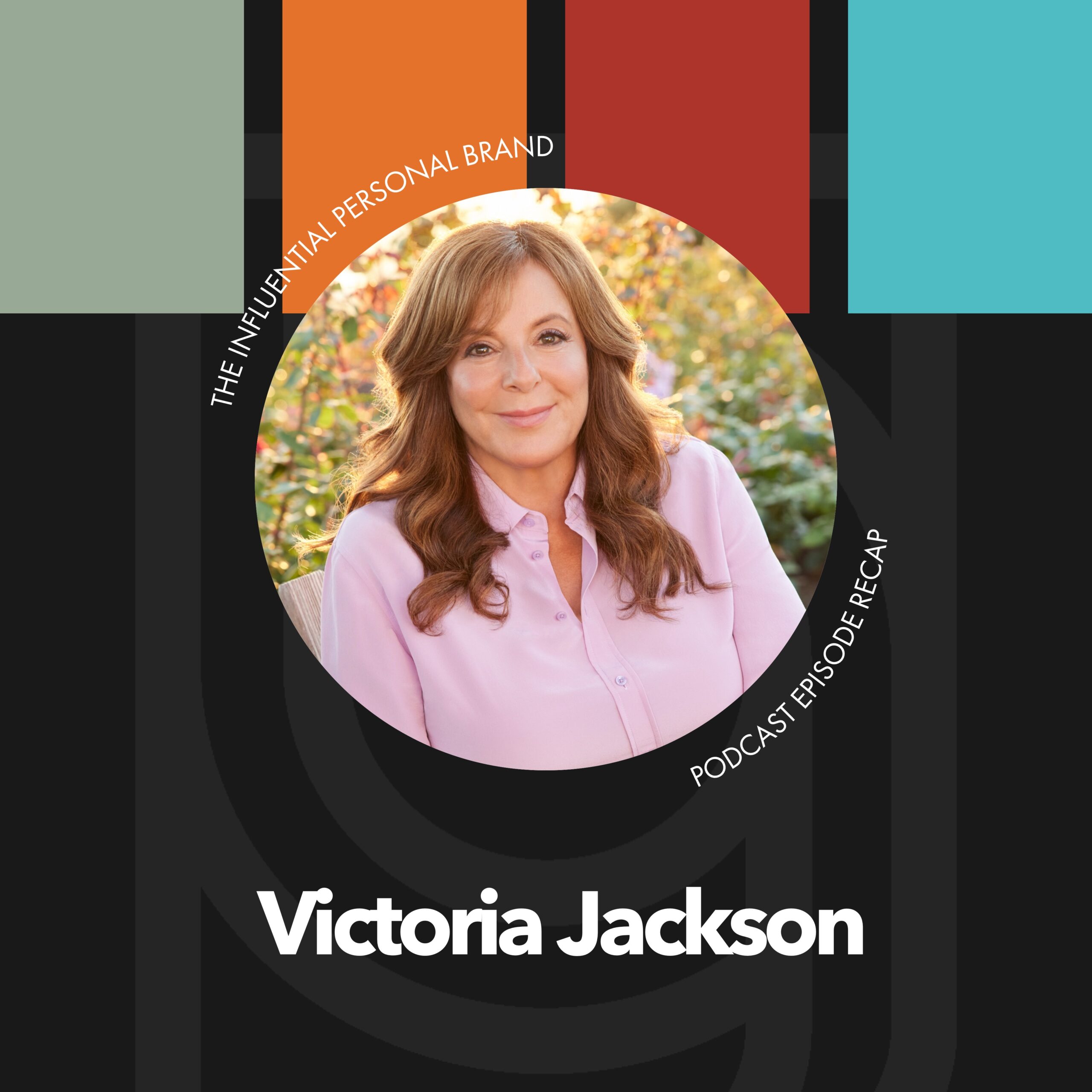AJV: (00:06) [Inaudible] RV: (00:06) Hey, welcome to this recap edition of the influential personal brand podcast. It’s Rory Vaden joined by our CEO, my wife, best friend, Amanda Vaden. We’re breaking down for you. The Dave Hollis interview, which was a powerful interview for me. I, I was not familiar with Dave. I mean, I was familiar with Dave, but we, that was like our first conversation for the most part. And so anyways, we’re breaking that down for you with our top three and three and I guess, babe, why don’t you kick this off? AJV: (00:36) All right. Well, my first one was this concept of that you have secret shoppers in your brand every single day. And I loved that. I think that is such a great reminder to all of us, that every single day we have secret shoppers who are observing, interacting, buying from receiving content, from interacting with our personal brands on a daily basis. And just keeping that in mind and, you know, does even for us, as I think about both of our personal brands, but then also our company Brand Builders Group who are the secret shoppers around us and how are they engaging with us interacting with us? What is the perception they’re getting from us? And I think too, something that would really hit me is that our brand is also represented, by our team and they are an extension of our brands. AJV: (01:31) And for all of you who have a personal brand or company brand, making sure you take that into consideration is that the people who work with you are an extension of what you want to be known for and how you want to be known. And it’s not just how they interact with you directly. It’s how do they interact with the people around you that are supporting your personal brand? Because they too are the ones giving impressions of your, of your personal brand and what you want to be known for this concept of secret shoppers, which is nothing new, but a great aha and reminder of, Oh, yes, I do know this, but it was a really great refreshing way to, RV: (02:10) Yeah. That is, that is, that is cool. That didn’t stick with me. So hearing you say that as like, Oh, that’s a good insight to draw out of it. That even for me to go, wow, that was a, that was a good, a good thought, for sure. So for me, the whole theme was really sort of summed up when he said vulnerability is not a liability. Vulnerability is a superpower. Vulnerability is not a liability. Vulnerability is a superpower and we just watched Brenae Brown’s call to courage the net, which was incredible. Yeah. Her Netflix special. And you know, it’s interesting. And, and, you know, you may not be aware of this, but there is a little bit of a context going on here. You know, like our hearts really go out to Dave and Rachel. They announced here with a few weeks ago when this came out, that they’re actually going through a divorce, which is something that’s you been, they’ve been talking about and praying about for years. RV: (03:02) And they kind of made that decision. And it reminded me of, of, I’ve been trying to make some sense of some of this with Brenae Brown, where she said, you know, vulnerability doesn’t mean you’re telling everybody everything that’s happening in your life. And that I think is a really big takeaway, not necessarily sharing the details and the facts of everything happening in your life with everyone in the world. That’s not vulnerability. She defines vulnerability as emotional exposure. And so that’s just sort of like sharing feelings that have happened and sharing stories about certain times in your life. But it’s not the same thing as just saying here’s everything here, here’s everything. And that people bond to the feelings, not necessarily to the facts of everything that’s going on in your life. And so anyways, that was just a, you know, something that I’ve been kind of questioning and trying to draw some clarity about. And I, I felt like I got a good, a good distinction there for me. AJV: (04:02) It’s so interesting because throughout the entire interview with Dave, I didn’t even pick like none of my takeaways have anything to do with vulnerability or openness or anything at all. It’s like, I’m looking at Rory’s points and I’m like, can we listen to the same interview? Because that is not at all what I got. So here’s my second one was this this piece of the interview where he talks about this meeting, that he got to sit in with Steve jobs during his time at Disney, he got to sit in with this meeting with Steve jobs. And Steve was talking about perception and customer loyalty and customer interaction and engagement. And he said, you just have to remember it. I’m gonna quote this because I’m not really about the facts here. I, you said everyone who interacts with your brand is giving you a brand deposit or a brand withdrawal based on their experience. AJV: (04:54) And I think that is a really big takeaway. And I don’t think we spend enough time talking about that as entrepreneurs and business owners and influencers and whatever you are, author speaker so forth is that every scene, every single interaction that you have with a customer or a potential customer is doing one of two things. It is putting a deposit into your credibility bank account, or just taking one out scary. And I think that this was such an aha enlightening conversation for me on a completely different perspective from you, because I am so in touch with all of our customer touch points. And it was just like tightening up every single system of how are we engaging on social media? What are we putting on the podcast? And it’s, I think it’s really important. I’m just remembering, it’s like, Hey, every single thing is going towards you or against you. And it’s knowing how to get more of the deposits and less of the withdrawals without us taking all of the word withdrawals so negatively, because there’s going to be some of those regardless. And I just think that was just a good reminder, too, of like every interaction is doing one of two things, are you even thinking about it that way? RV: (06:07) Yeah. Well, and as you were talking there about are kind of the way you and I processed the interview different, which I think is fun. You know, so the book right, has his new book get out of your own way. It’s interesting because he shares as a man sort of his resistance to vulnerability. That’s a big part of like what the book is about. And I think that really hit me hard, which is like, okay, where am I? Where am I resistant to being vulnerable? Where am I resistant to sharing? And one of the questions he shared that I thought was so powerful was he simply, he simply said this, where was pain present? Where was pain present? And if you think back to any circumstance or story in your life, and again, you don’t necessarily have to share all the details every time you share a story, but, but to go, where did I experience pain? RV: (07:01) And this to me is actually transcends the vulnerability conversation to just even copywriting, right? When we talk about the 15 P’s and when you lay out, okay, why did you create this course? You should ask yourself, where did you experience pain when you were trying to learn the lessons? Like we always say, you’re most powerfully positioned to serve the person you once were. And so asking yourself that question, I think is really interesting, where was pain present? That is a place of emotional connection with other humans is to be like this was a place or a time or a way in my life that I experienced pain. And just even allowing other people to see into the idea that you, to experience pain creates the connection beyond and outside of the facts of what caused or didn’t cause that pain it’s just the, the feeling. So I thought that was a really good question on both the tactical level and you know, an emotional level where, where was pain present? AJV: (08:01) Yep. That’s good. Alright. My third one is criticism is the price of entry for building a personal brand. RV: (08:09) You’re stealing my that’s my third one. AJV: (08:11) That’s my third one, but mine are probably still a little bit different. And I liked how he talked about how unfortunately, most of us pay attention to the 10%, not the 90%. He goes, have you got 10 people? You’re going to pay attention to the one that was unhappy versus the nine who were incredibly happy. And he said, you got to build your business for the 90%. Not for the 10%. You’re always going to have people who criticize you welcome to the club. You’re always going to have somebody who doesn’t agree with you, but build your personal brand in a way that aligns with your value. So much to the point of when people don’t agree with you and they don’t align with you. You’re still okay with that because your brand stands for something that is so aligned with your values and your mission and your message that the 10% no longer really matters. Not to the point of like offending anyone, but to the point of, you know what, that’s okay. Just follow me. Just don’t buy from me. My brand wasn’t built for everyone. That’s okay. But I need to focus on the 90%. Not the 10 person. RV: (09:15) Yeah, well that was my, my takeaway too. And it reminds me of a rule that I learned from a guy named David Glickman, who was one of the guys that I studied early on when I was learning the psychology of humor. And he said, you got to remember the rule of 2%. The rule of 2% says, 2% of the audience will hate you. Why? Because 2% of the audience always hates you. They just hate you. There’s no explanation. Like you’re gonna have people that just happen to intersect with you. That just don’t. And I don’t know if it’s exactly 2% or whatever, but you know, to realize it doesn’t matter how small or how big you are, like, you’re gonna have people that disagree with you. And you know, to what age I said, it’s just being, if you’re rooted in truth, like you’re rooted in your own identity, your own principles, your own values, then you’re not offended by the people who don’t like you. Cause you’re not trying to win them over. Like you didn’t lose, neither of you lost. It’s just, this is what is, and so anyways, AJV: (10:18) I likened it to this. It’s like, as long as you know, what you stand for, you have to be okay with the people who don’t stand for the same thing. And that is the crusher. Just knowing what you stand for. And as long as you know, then you also have to be okay with the people who don’t stand for the same thing. Loved it. It was great. RV: (10:36) And for you listening, don’t be afraid to go where there has been pain. We love you. We’ll catch you next time.



